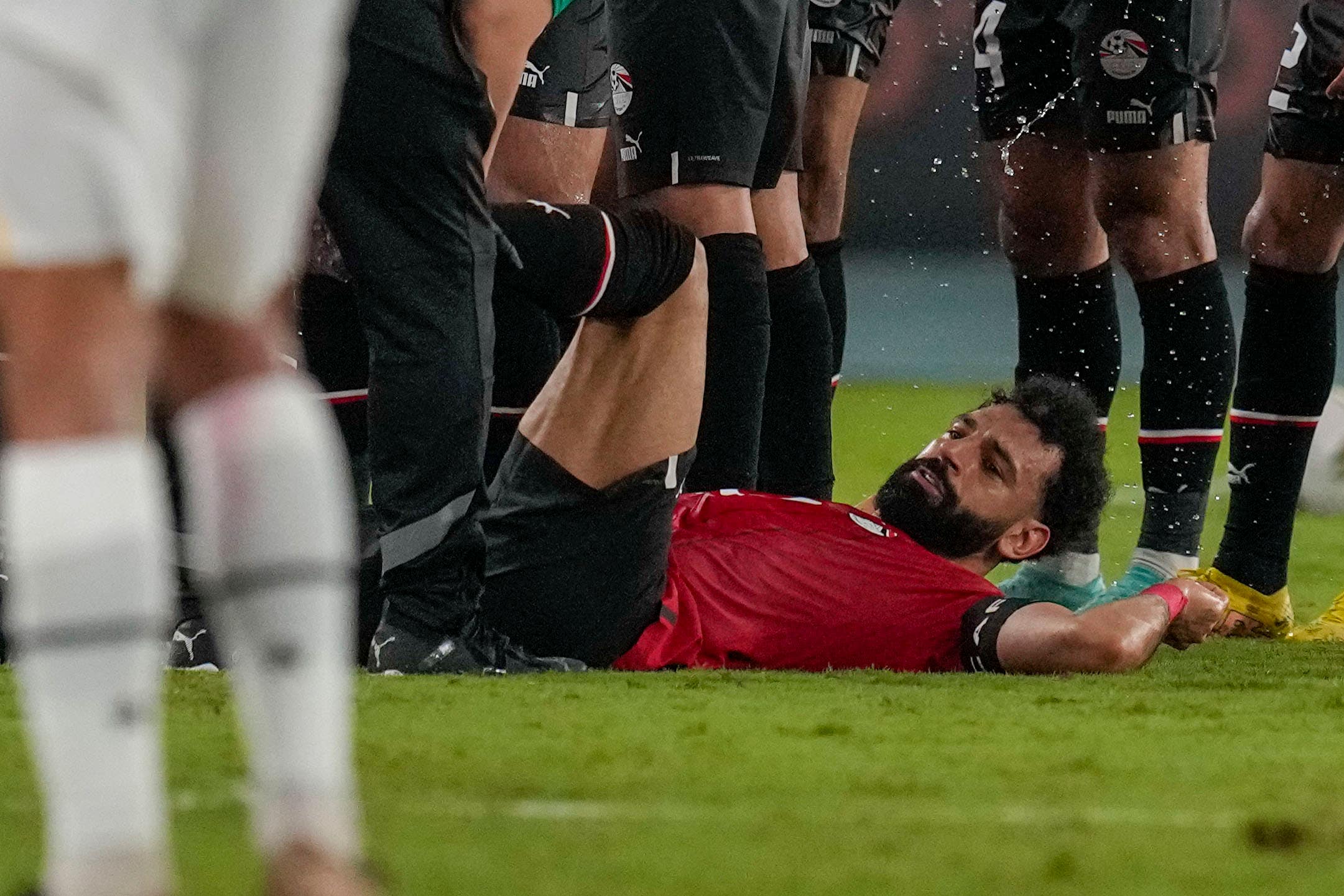Mohamed Salah's Departure Sparks Confusion And Blame Amid Worsening Injury Concerns
In a series of unfolding events, Mohammed Salah's departure sparks confusion and blame amid worsening injury concerns.
Author:Alberto ThompsonReviewer:Hajra ShannonJan 23, 20245.9K Shares141.2K Views

In a series of unfolding events, Mohammed Salah's departure sparks confusion and blame amid worsening injury concerns.
Mohamed Salah's hamstring injury has become a focal point of controversy involving the Egyptian Football Association (EFA), Liverpool, and the Africa Cup of Nations (AFCON).
The situation has raised questions about communication, responsibility, and the intersection of club and national team interests.
EFA's Conflicting Statements
As the EFA announced Salah's return to Liverpool for hamstring rehabilitation, conflicting statements emerged from the organization.
Mohamed Abou El-Wafa, a board member, initially downplayed concerns on television, only to later align with Jurgen Klopp's assertion that Liverpool's staff would oversee Salah's treatment.
The lack of coordination in statements added to the uncertainty surrounding Salah's situation.
Jurgen Klopp's announcement that Liverpool's medical staff would handle Salah's treatment instead of Egypt's raised tensions.
The EFA's attempt to downplay the situation further escalated when Klopp's statement contradicted their initial plan to announce Salah's departure after the crucial Group B game with Cape Verde.
Salah's Injury
Salah's injury has become more than a sporting concern, evolving into a political matter. The blurred lines between the EFA and an authoritarian regime have resulted in subtle criticisms directed at Salah, reflecting the complex dynamics within Egypt's football authority.
Despite conflicting reports and statements, the severity of Salah's injury remains unclear.
Rui Vitoria, Egypt's coach, hinted at prior knowledge of Salah's "very complex" injury, but Liverpool's silence on the matter adds to the ambiguity. Salah's agent, Ramy Abbas Issa, provided some clarity, suggesting a 21-28 day recovery period.
“„Mohammed's injury is more serious than first thought and he will be out for 21-28 days, and not 2 games. His best chance at participating in the current AFCON is by undergoing intensive rehabilitation in the UK and rejoining the team as soon as he is fit.- Ramy Abbas Issa, Salah's agent
Liverpool's Historical Approach To AFCON
Liverpool's historical approach to AFCON-related injuries comes under scrutiny. While the club previously sent medical professionals to accompany players during the tournament, Salah's situation raises questions about the decision not to dispatch anyone this time. The lack of an official explanation adds to the intrigue.
Despite the controversy, Egypt's progression to the round of 16 adds a new dimension to Salah's narrative.
The late drama in the Group B game against Cape Verde, coupled with Salah's departure, leaves open-ended questions about his impact on the team's performance and the implications for his future with the national squad.
Salah's Potential Absence
With Salah's estimated recovery time ruling him out for the remainder of AFCON, speculation arises about the potential impact on Liverpool's Premier League clash with Brentford on Feb. 17. The overlapping interests of club and country add another layer of complexity to Salah's injury saga.
In the midst of conflicting statements, political undertones, and the evolving narrative surrounding Mohamed Salah's hamstring injury, football fans and pundits alike eagerly await further clarity on the situation.
The AFCON saga continues to unfold, leaving the football community on edge about Salah's future contributions on both the national and club fronts.
Final Words
The controversy surrounding Mohamed Salah's hamstring injury has become a complex one, with conflicting statements from the Egyptian Football Association, Liverpool, and political factors.
The lack of clarity on Salah's injury severity and Liverpool's approach to AFCON-related injuries add to the intrigue. As Egypt progresses in AFCON, the impact of Salah's absence remains a central point of speculation.

Alberto Thompson
Author
Alberto Thompson is an acclaimed journalist, sports enthusiast, and economics aficionado renowned for his expertise and trustworthiness. Holding a Bachelor's degree in Journalism and Economics from Columbia University, Alberto brings over 15 years of media experience to his work, delivering insights that are both deep and accurate.
Outside of his professional pursuits, Alberto enjoys exploring the outdoors, indulging in sports, and immersing himself in literature. His dedication to providing informed perspectives and fostering meaningful discourse underscores his passion for journalism, sports, and economics. Alberto Thompson continues to make a significant impact in these fields, leaving an indelible mark through his commitment and expertise.

Hajra Shannon
Reviewer
Hajra Shannona is a highly experienced journalist with over 9 years of expertise in news writing, investigative reporting, and political analysis.
She holds a Bachelor's degree in Journalism from Columbia University and has contributed to reputable publications focusing on global affairs, human rights, and environmental sustainability.
Hajra's authoritative voice and trustworthy reporting reflect her commitment to delivering insightful news content.
Beyond journalism, she enjoys exploring new cultures through travel and pursuing outdoor photography
Latest Articles
Popular Articles